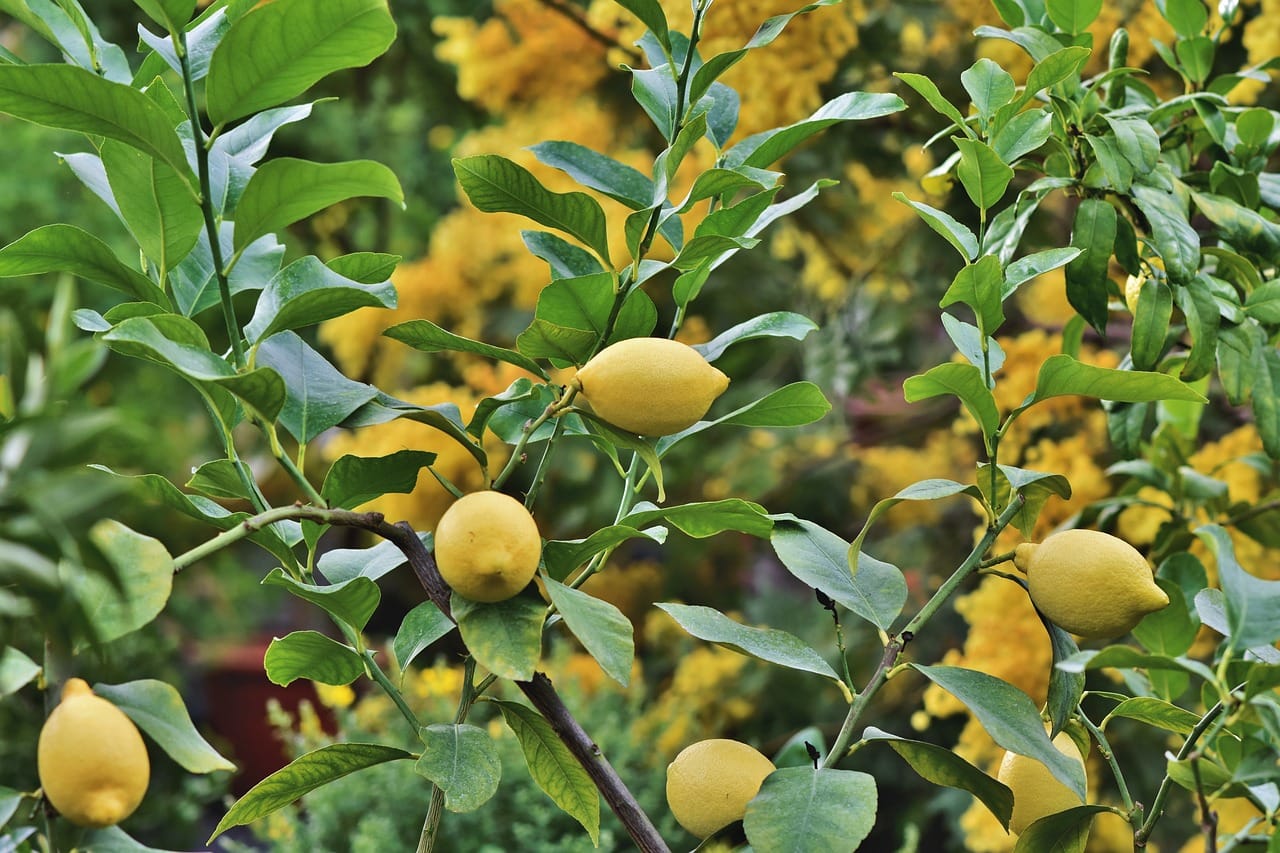
Tips for Growing Healthy Lemon Plant in Pots
Introduction
Welcome to Homydecors, where we share tips and tricks for creating a thriving garden, specifically focusing on terrace kitchen gardens. If you are a gardener with lemon plant in pots, you’ll want to pay attention to our insights on achieving fruitful results. In this blog post, we’ll discuss essential steps to ensure your lemon plant grows abundantly and bears plenty of fruit.
Selecting the Right Pot
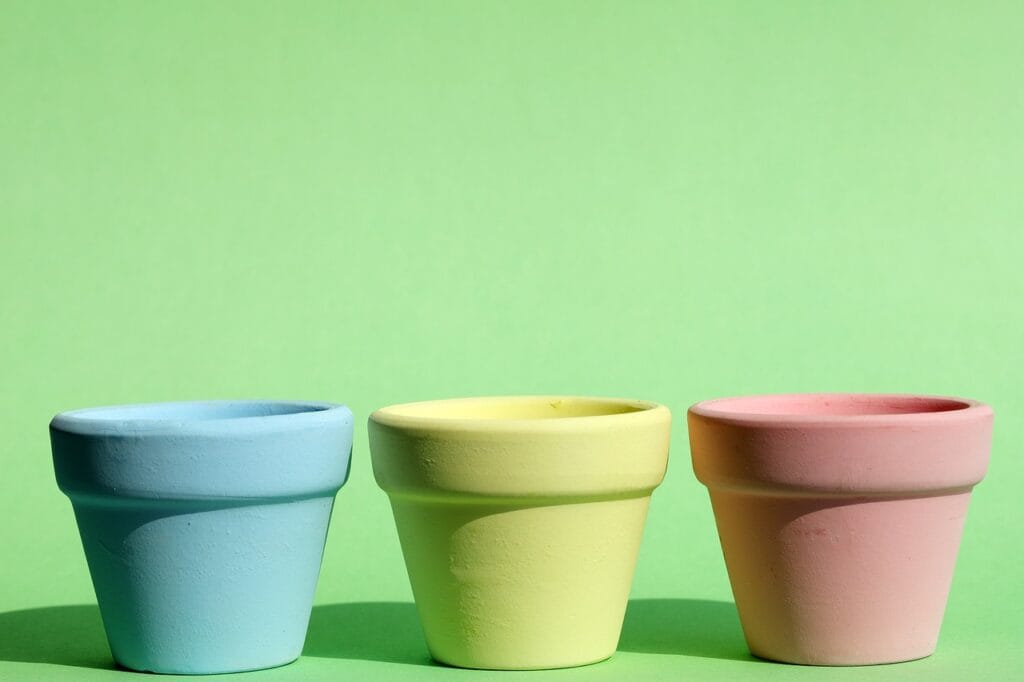
When choosing a pot for your lemon plant, opt for a container with a diameter of at least 18 inches. Ensure proper drainage holes to prevent waterlogging, as excessive moisture can lead to root rot. The size of the pot plays a crucial role in supporting the growth of your lemon tree, allowing the roots to spread adequately.
Preparing the Soil Mix
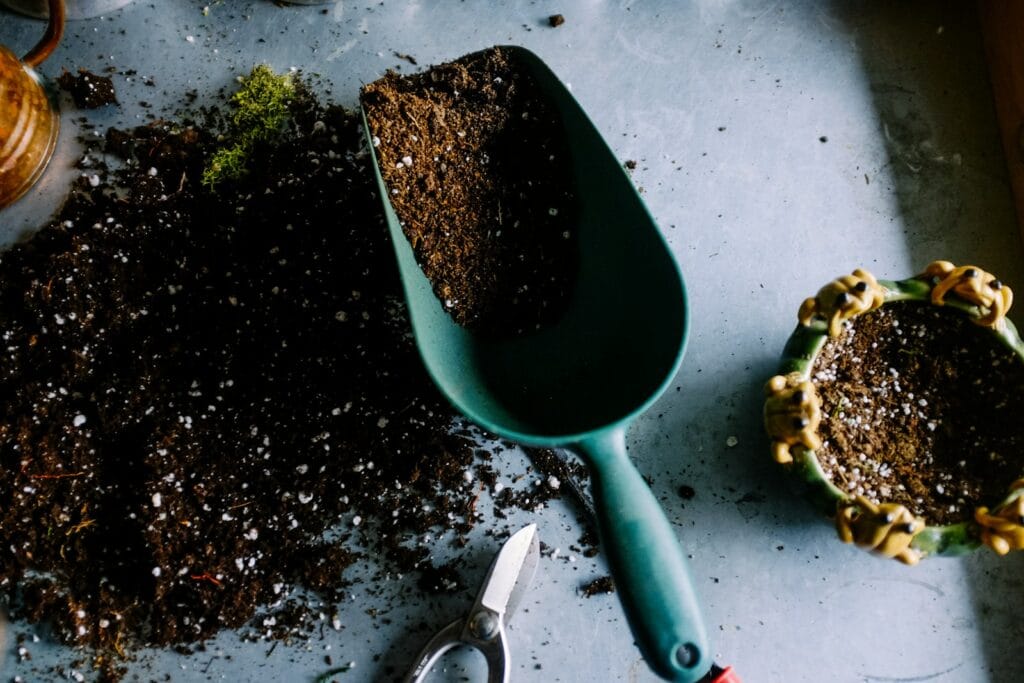
For a healthy lemon plants, create a well-balanced soil mix consisting of 50% regular potting soil, 30% vermicompost or cow dung compost, and 20% river sand. This mixture provides the necessary nutrients and drainage for optimal growth. Proper soil preparation is key to fostering a strong foundation for your citrus plant.
Choosing the Right Plant Variety
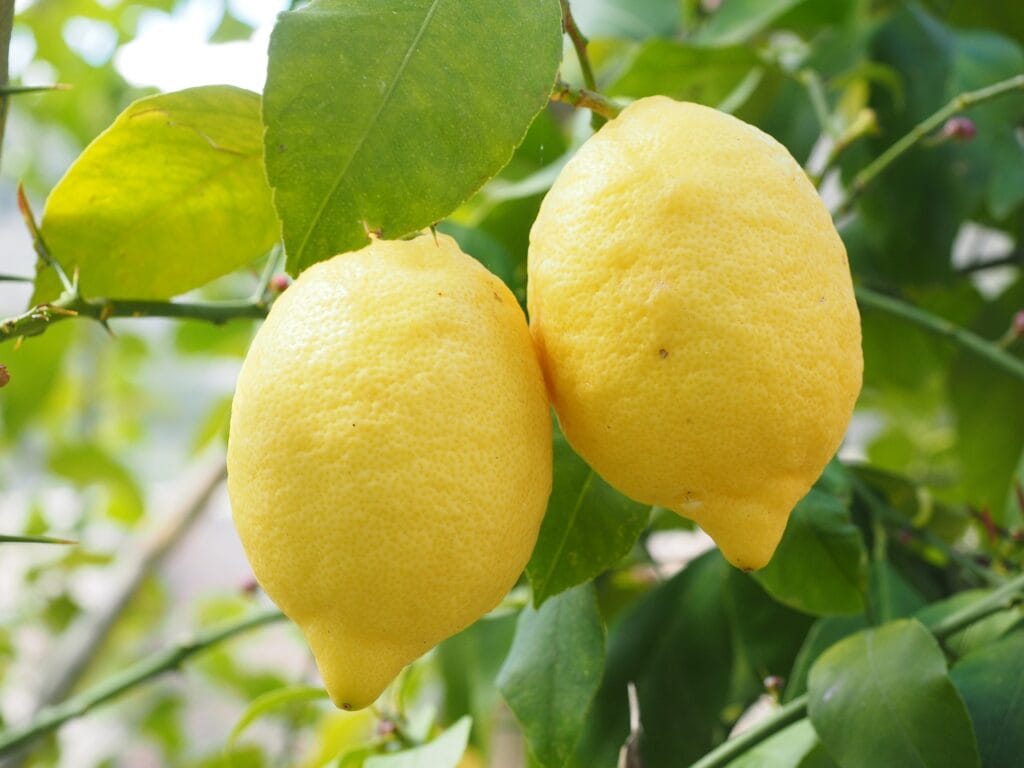
Selecting the right lemon plants variety is essential for successful cultivation. Varieties like Kagzi Lemon, known for its dual-flushing capabilities and high juice content, are ideal for pot cultivation. Be mindful of choosing grafted plants over seed-grown ones for better fruit production and quality.
Caring for Your Lemon Plant
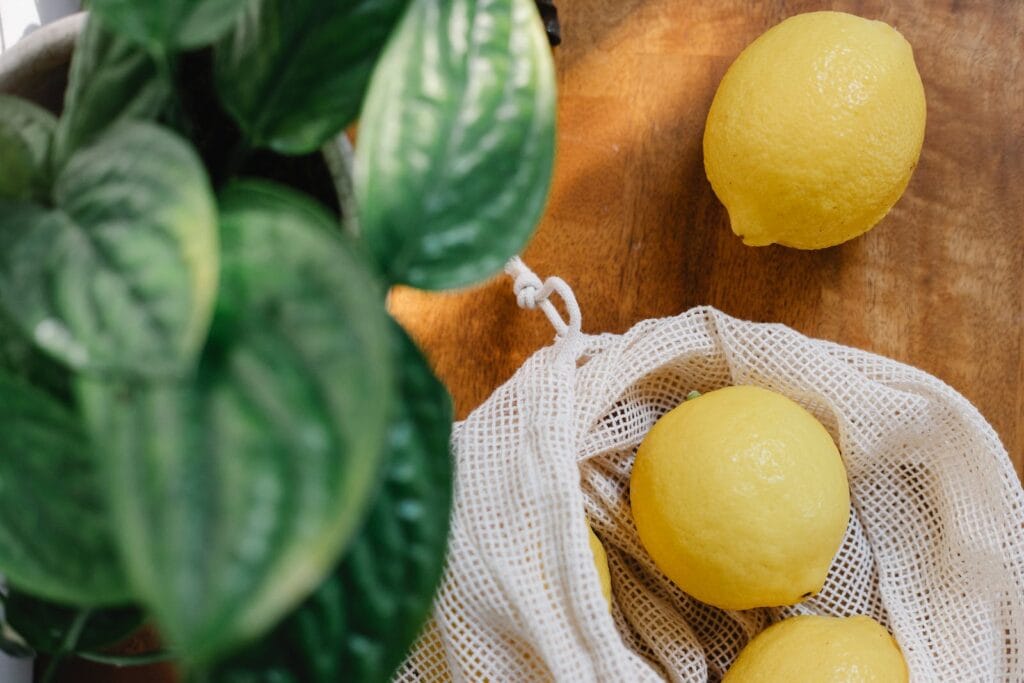
After planting your lemon tree, avoid over-fertilizing or introducing pesticides immediately. Allow the plant to acclimate to its new environment for 15-20 days before applying any fertilizers. Regular watering is essential, especially during the flowering stage, but be cautious not to overwater, as it can lead to root diseases.
Preventing Diseases

To prevent fungal infections, maintain proper airflow around the plant and avoid excessive moisture on the leaves and roots. Utilize natural remedies like neem leaf extract or aloe vera-haldi mixture as fungicides and pesticides to protect your lemon tree from common diseases. Regular monitoring and timely interventions can help maintain a healthy plant.
Wrapping Note
By following these tips and guidelines, you can enhance the growth and productivity of your lemon plant in a pot. Remember to provide adequate sunlight, well-draining soil, and appropriate care to ensure your lemon plant thrives. With proper attention to detail and consistent maintenance, you can enjoy a bountiful harvest of lemons from your potted plant. Happy gardening!
Frequently Asked Questions (FAQs)
1. Can we grow lemon plants at home?
Absolutely! Lemon plants are surprisingly well-suited for home growing, as long as you can provide them with the right conditions. You can grow them from seeds, cuttings, or even purchase a dwarf variety specifically bred for indoor spaces.
2. Which month is best for planting a lemon plant?
The ideal planting time depends on your climate. In warmer regions, spring (March-May) is typically ideal. In cooler areas, you can wait until early summer (June-July) when the risk of frost has passed.
3. Does a lemon plant need sunlight?
Yes, lemon plants thrive in sunny locations. Aim for at least 6-8 hours of direct sunlight daily, ideally in a south-facing window. Insufficient light can lead to weak growth and poor fruit production.
4. How long do lemons take to grow?
Patience is key with lemon trees! Growing a tree from seed can take several years to produce fruit, while grafted saplings might bear fruit within 2-3 years. The specific timeframe depends on variety, care, and growing conditions.
5. Why is my lemon tree losing leaves?
Several factors can cause leaf loss in lemon trees, including:
a. Underwatering or overwatering: Ensure proper drainage and consistent watering.
b. Lack of sunlight: Move the plant to a sunnier spot.
c. Nutrient deficiencies: Use a citrus-specific fertilizer regularly.
d. Pests or diseases: Inspect for signs of infestation and treat accordingly.
6. What is the best fertilizer for lemon trees?
Choose a fertilizer specifically formulated for lemon trees. These fertilizers offer the right balance of nutrients, like nitrogen, phosphorus, and potassium, crucial for healthy growth and fruit production. Follow the product’s instructions for dosage and application frequency.



